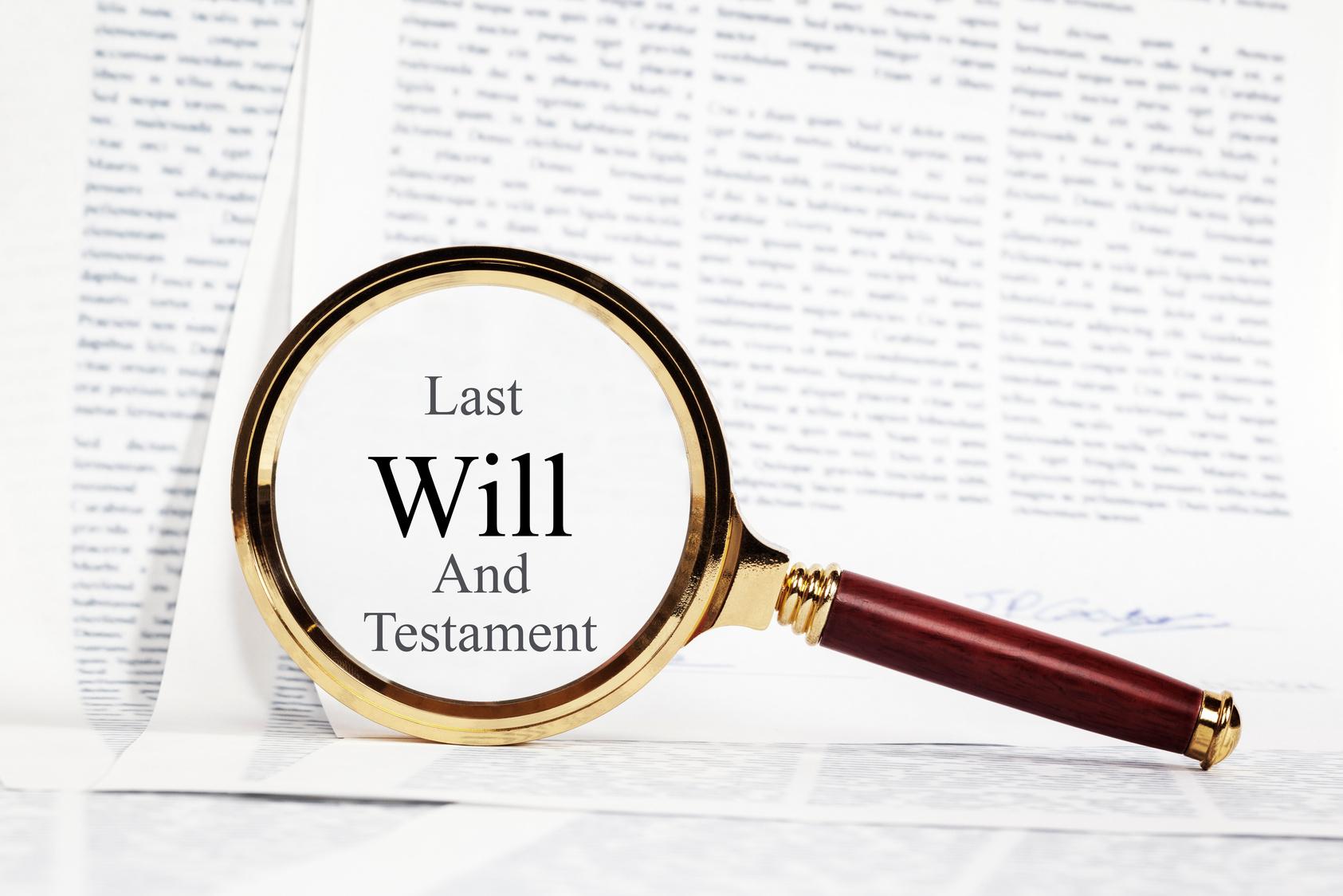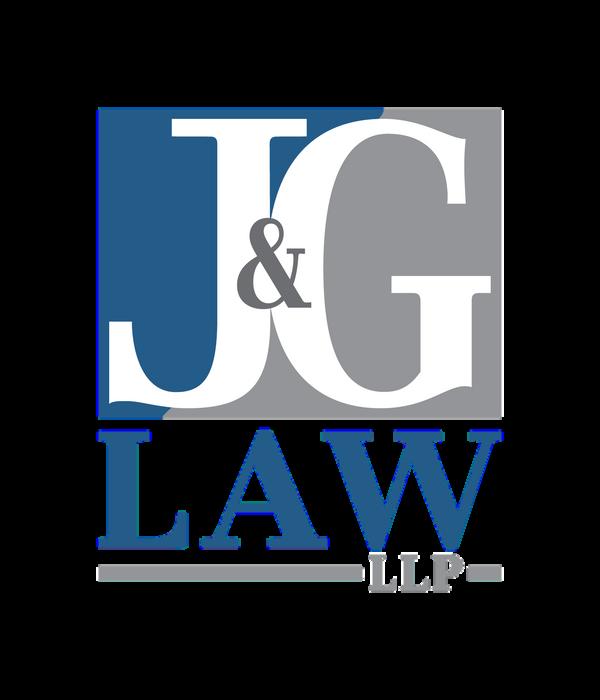
3 minute read
WHY EVERYONE NEEDS ONE WHAT IS A WILL AND TRUST:
WHATISAWILL?
A Last Will and Testament is a document that states your final wishes Every Will must be submitted to the Surrogate’s Court after death so the Court can determine if it is valid and enforceable This is the procedure known as “probate.” Your closest family members (next-of-kin) must be sent a notice informing them that the probate proceeding is taking place and giving them the opportunitytoappear. Willsgenerallyfollowacertainformat.
Advertisement
They describe your family situation, such as whether you are unmarried, married or divorced They name yourspouseandchildren. You appoint several people to certain roles, and you name backups in case the people you appoint are unableorunwillingtoserve.

The Executor is responsible for carrying out all yourdirectionsintheWill.
The Guardian is responsible for your minor childrenandtheirproperty,ifany.
The Trustee (or multiple trustees) is responsible to carry out your instructions as to assets left in trust, such as to minor children, disabled people, pets,orcharities
You direct how your assets are to be distributed to yourbeneficiaries
You may give directions as to certain debts, administrativeexpenses,andtaxes.
WHATHAPPENSIFYOUDON'THAVEAWILL?
If you don’t have a Will, New York state law prescribes what will happen to your assets For example, if you die unmarried and without children, all your assets will go to your parents Depending on circumstances, that may be harmful to your parents if they are in a high tax bracket and suddenly have more assets or income At the other end of the spectrum, they may need to rid themselves of assetsinordertoqualifyforMedicaid, and receiving your assetswillmakethatmoredifficult

If you die having a spouse and children, your spouse gets the first $50,000 in value from your estate. The remainder will be split equally between your spouse and all your children. People who assume that their spouse willautomaticallyreceiveeverythingareincorrect.
When the surviving children are minors, further complications arise. The children may become part owners of a house or other real estate, or a business. Because they are too young to enter into contracts, guardians must be appointed to represent their interests. These guardians are generally attorneys appointed by the court. Those attorneys have to be paid. Those attorneys may decide that the interests of the children are different fromtheinterestsofthesurvivingparent. WithoutaWill, you have not appointed an Executor. This means the Surrogate’s Court must appoint an Administrator to administeryourestate.Itisnotuncommonforsiblingsor other relatives to fight each other over who will be appointedAdministrator. Itisfarbetterforyoutowritea WillandchooseyourExecutor.
Arevocabletrustisawrittendocumentthatallowsyouto legallytransferownershipofyourrealpropertyandother assets to a trust while you are alive, and then to your heirs and loved ones upon your death. It’s almost like forming a business You appoint yourself as Trustee and retain control of the assets while you are alive. You also appoint a successor Trustee, who will run the trust after you have deceased. You direct that upon your death, your assets are to be distributed in specified ways. This is how the Trust acts like a Will Because this trust is revocable, you can change its terms or terminate it entirely at any timebeforeyourdeath
There are a number of benefits to having a revocable trust.
Avoid Probate: Unlike a Will, a trust does not have to be submitted to Court for probate. This may save time and money It also provides for more privacy, because once submitted to Court, a Will can be accessedbyanyonewhogoestoCourttoaskforit
Avoid Guardianship Proceedings: A common option for a trust is to name a successor trustee who will take over if you should become incapacitated Alzheimer’s disease and other kinds of dementia are increasingly common today Without a trust, your familywouldhavetogotocourttoseekappointment of a guardian to handle your financial affairs This procedure is costly, time consuming, and highly regulated. Like any court proceeding, the pleadings and decisions can be accessed by anyone who goes to Court to ask for it. With a well-drafted trust, the successor trustee can quickly and privately assume controlwithouttheneedforacourtproceeding.
Avoid Will Contests: If you have a Will, your family must be notified of the probate proceeding, even if you have disinherited them. They can easily file objectionsandcontesttheWill WithaTrust, there is no probate, and no inviting heirs into Court. Your successor trustee just makes distributions according toyourwishes.
Avoid Multi-State Probates: If you use a Will, and own real estate in more than one state, you must have a separate probate proceeding in each state. When a trust owns the real estate, there is no need for multiple probates. This can save a great deal of time,money,andeffort
Taxes and Insurance: A trust is a good vehicle for sophisticated tax planning that can reduce estate and gift taxes. Using trusts in connection with life insurancemayalsocreatesubstantialvalueforyour beneficiaries.
Whatisestateplanningandwhyyouneedit
Estate planning is the process of analyzing your assets, deciding who you want them distributed to, and preparing the necessary paperwork, while also considering taxation and special situations such as disabled children, pets, charities, and family-owned businesses
In addition to a Will or Trust, we always recommend that clients execute a Power of Attorney and a Health Care Proxy The Power of Attorney allows someone to conductbusinessonyourbehalfwhenyouareunableto dosowhileyouarealive.ThePowerofAttorneyexpires uponyourdeath.Similarly,inaHealthCareProxy,you appoint someone to make medical decisions for you whenyouareunabletodoso Manypeoplealsowanta Living Will, sometimes called an advance directive, where certain medical procedures are prohibited under specifiedcircumstances.
Weallworkhardourentirelivesanddon’twanttosee allthethingsweworkedforgetlosttoLongTermCare CostsorEstateLitigation Wewanttoensurethatwhat we worked for is going to be seamlessly left to those in our hearts – our children, grandchildren, exceptional friends or charities that are dear to us. They should receiveyourassetsasyoudetermine.Afterall,thebest gift you give your loved ones is a well-thought out and organized plan to distribute your assets and belongings afteryouhavedeceased
You can count on J&G, Walden, NY to provide the legal adviseyouneedanddeservetopreserveyourrightsand wishesuponyourdeath Wehavethreeattorneyswitha combined fifty-seven years experience who concentrate on Wills, Trusts, Estate Planning, Probate, Medicaid eligibilityandmore.

